Ascites is a health condition that causes a pathological fluid build-up in the abdomen. It usually occurs when the liver stops functioning properly due to other health conditions. One such condition is cirrhosis, a severe scarring of the liver that interferes with the liver's functions and can lead to liver failure.
The severity of ascites varies from person to person. Some people don't notice weight gain because there is not much fluid accumulation in their bellies. In these mild cases, possible symptoms may include shortness of breath, vomiting, nausea, and heartburn.
Ascites is a condition that requires immediate medical attention. If you notice a sudden weight gain, don't hesitate to contact your healthcare provider. If you have ascites, you will need to receive treatment and diet recommendations.
It is very unlikely to develop ascites for a healthy person. According to the National Library of Medicine, approximately 80% of people who get ascites have severe scarring of the liver.![]() In the USA, it is the most common cause of ascites, accounting for 85% of all cases.
In the USA, it is the most common cause of ascites, accounting for 85% of all cases.
Other health conditions that may lead to ascites also include kidney failure, cancers, tuberculosis, heart failure, and obesity. Check out the ‘Risk Factors' paragraph to learn more about health issues that increase the chance of ascites.
Many conditions may result in ascites, but the most common is cirrhosis. It may lead to an accumulation of fluid between the two layers of the peritoneum![]() – a sheet of tissue that covers the abdominal organs, such as kidneys, bowels, liver, and stomach.
– a sheet of tissue that covers the abdominal organs, such as kidneys, bowels, liver, and stomach.
Cirrhosis develops when there is too high blood pressure in the blood vessel called the portal vein. It's a blood vessel that delivers blood from the digestive organs to the liver. The result of too high pressure in this vessel is improper kidney function, eventually leading to the accumulation of fluid in the belly.
But why does cirrhosis happen in the first place? There are several causes of this condition. The most common risk factors are cancers, especially peritoneal cancer. If tumor cells develop in the belly's lining (peritoneum), they may produce a proteinous fluid, leading to ascites.
In some cases, cirrhosis may develop due to heart or kidney failure. It is because failure of these organs may lower the blood volume in the arteries, affecting how body systems work. The most significant changes include sodium and water retention and constriction in the kidney's blood vessels, which may cause ascites.
Ascites and belly fat are distinct, though they can sometimes be confused due to how similar they look. Doctors can usually tell the difference during a physical examination. The shape of the abdomen while lying and standing is not the same for high-fat percentage and ascites. People affected by ascites have swollen and hard bellies, indicating something other than body fat. Another clue is that ascites cause sudden changes in body shape and weight, which do not occur during a typical weight gain.

Many prolonged lifestyle habits and health conditions may lead to ascites. The following factors play the biggest role in the development of this condition:
According to the National Library of Medicine, cancer is the second most common cause of ascites, accounting for 10% of all cases. It is followed by heart failure, which causes 3% of ascites, and tuberculosis, accounting for 2% of ascites cases. Only 1% of ascites is caused by pancreatic disease and dialysis, while the rest mentioned risk factors are even rarer.

The telltale sign of ascites is a swollen belly![]() and an uncomfortable sensation. However, it may feel different in the early stages, when there is not much fluid build-up in the belly. As it progresses, more obvious symptoms such as feeling full and weight gain develop.
and an uncomfortable sensation. However, it may feel different in the early stages, when there is not much fluid build-up in the belly. As it progresses, more obvious symptoms such as feeling full and weight gain develop.
Other symptoms that are linked to ascites include:
If you have bacterial peritonitis![]() , you may also develop fever, abdomen tenderness, and confusion.
, you may also develop fever, abdomen tenderness, and confusion.
Experiencing the above symptoms is a sign that you may have ascites or other health conditions affecting your abdomen. These issues shouldn't be ignored as they may become worse, leading to complications and irreversible damage to your body. Contact your healthcare provider if you notice that you have suddenly put on weight.
Untreated ascites increase the risk of developing complications. Possible outcomes include the following:
To diagnose ascites, your doctor will perform a physical exam first to see if common symptoms are present (swollen belly and digestive issues like bloating). You will also be asked about your medical history and symptoms you developed, particularly a sudden weight gain.
The next step of diagnosis typically involves several tests to rule out other possibilities. These most commonly include SAAG test, imaging scans, paracentesis, and blood test:
There are several treatment options for ascites. It is up to your doctor to choose the best strategy for your case. These usually include diuretics, sodium retention, shunts, or paracentesis:
Diuretics, also called water pills, can be beneficial to people suffering from ascites. The purpose of such pills is to eliminate the excess fluid in your belly, which helps reduce swelling. People who take water pills sometimes need to monitor their blood chemistry and control salt intake. It is not recommended to drink alcohol while taking diuretics.
Sodium reduction is a lifestyle change that aims to lower the amount of sodium in your diet. According to the American Health Association, adults should not consume more than 2300 milligrams of sodium daily.
A shunt![]() is a permanent tube a surgeon plants in a person's body. It is a viable solution for people with ascites whose condition does not improve after taking diuretics. It helps drain the fluid that accumulates due to ascites.
is a permanent tube a surgeon plants in a person's body. It is a viable solution for people with ascites whose condition does not improve after taking diuretics. It helps drain the fluid that accumulates due to ascites.
Paracentesis is when a medical professional uses a long, thin needle to drain fluid from the abdomen. This method is used in severe and recurrent cases of ascites. Your doctor can also recommend it if you do not respond well to diuretics.
You should contact your healthcare provider after you notice the telltale signs of ascites, including a swollen abdomen, rapid increase in body weight, or shortness of breath. Early diagnosis and treatment are crucial to decrease the risk of developing severe health issues that ascites may cause.
In severe cases of ascites, however, some alarming symptoms may develop early. Seek medical care as soon as possible if you experience the following issues:
Ascites is a severe health condition, but it can be successfully managed with the right treatment and lifestyle changes. Although there is no cure to get rid of the symptoms fully, most people can significantly increase their quality of life thanks to dietary changes, medical procedures, and surgeries. Thus, the outlook for a given individual depends on their prompt reaction to ascites, the cause, and whether complications have developed.
During treatment, make sure to follow your doctor's recommendations to improve your chances of recovery.
Home remedies can offer some relief for ascites, but it's important to note that they should be used as complementary aid alongside medical treatment, not as a sole solution. Always consult a healthcare professional before trying any home remedies, especially if you have a medical condition. Here are some potential home remedies:
There are no specific strategies to prevent ascites. The best way to decrease the risk of developing this condition is to live a healthy lifestyle that encompasses a well-balanced diet, limited use of harmful substances like alcohol and tobacco, and daily physical activity.
See what you can do if you want to lower the risk of developing ascites as well as many other conditions that are linked to unhealthy lifestyle:

Ascites is a condition characterized by an abnormal accumulation of fluid in the abdomen, often resulting from underlying health issues, with liver cirrhosis being the most common cause. The fluid buildup can lead to discomfort, trouble breathing, abdominal swelling, and various complications, including bacterial infections, edema, and hernias.
The primary cause of ascites is often liver cirrhosis. However, several factors can contribute to ascites, including heart failure, kidney disease, certain cancers, obesity, and viral infections. Lifestyle factors such as chronic alcohol use, high cholesterol, and obesity also increase the risk of developing this condition.
Treatment options include using diuretics to reduce fluid buildup, reducing sodium intake, surgical interventions like shunts, and procedures like paracentesis to drain excess fluid from the abdomen. Lifestyle changes, including a better diet and limiting alcohol and tobacco products, also help manage this condition. While ascites can't be completely cured, proper treatment and following medical advice can significantly improve the quality of life.
Table of Contents
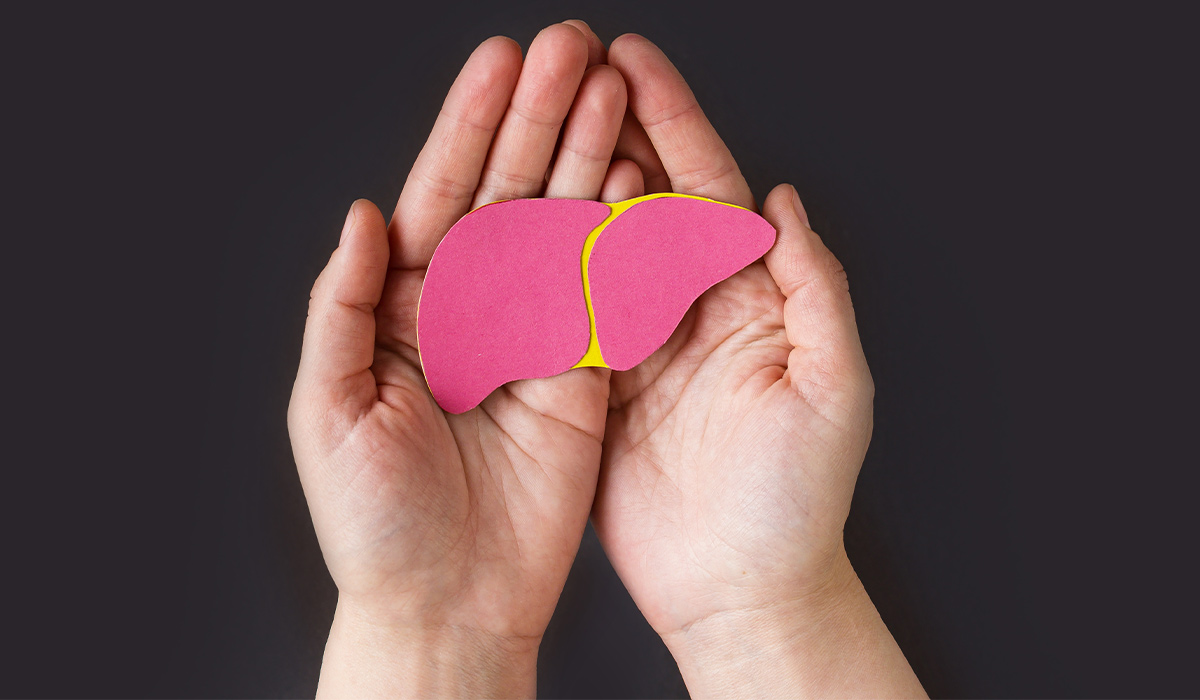
Cirrhosis of The Liver is a condition where the liver is damaged and liver function is impaired. The most common… read more »
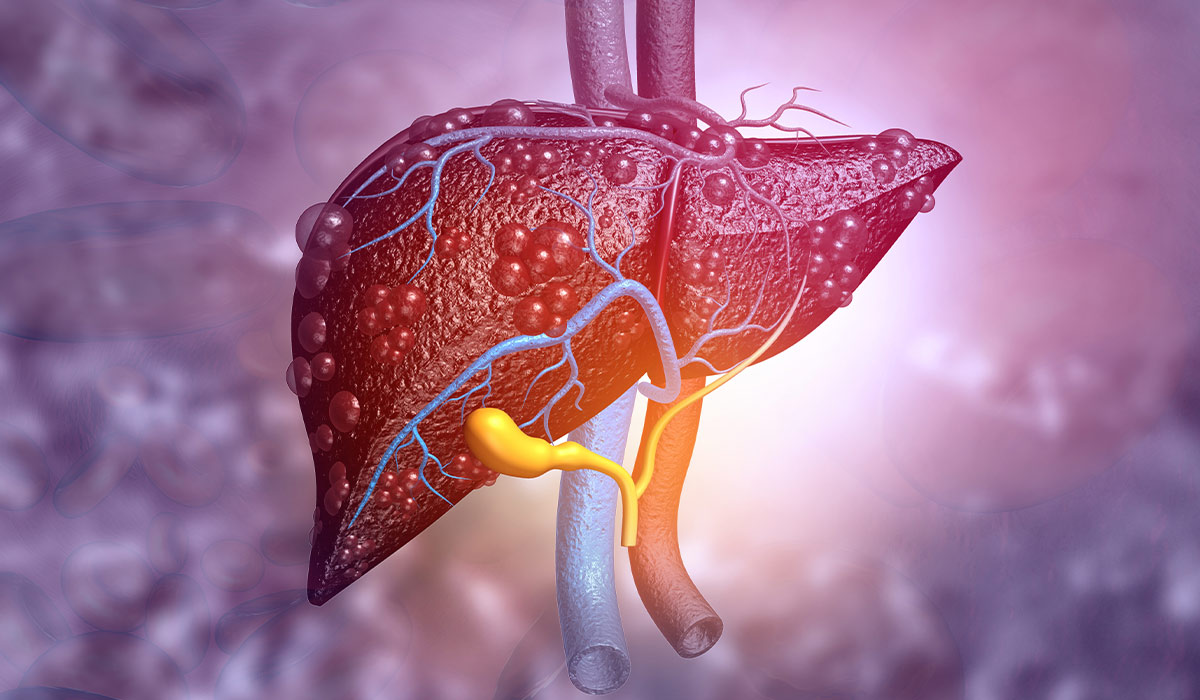
Fatty liver is a condition in which fat builds up inside the liver. It usually doesn't cause symptoms and is… read more »
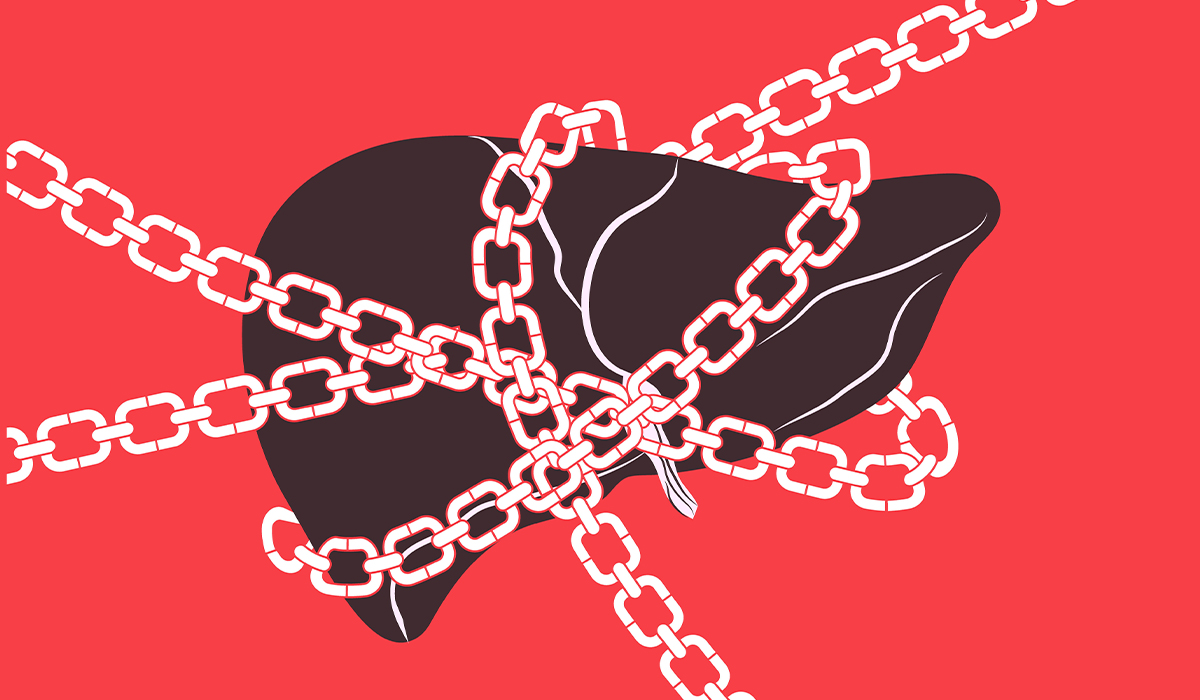
Failure of the liver is a grave wellbeing issue in which the liver doesn't work accurately. The liver is a… read more »

Liver disease is any disorder that harms the liver or causes it to impact the customary capacities of the liver. read more »
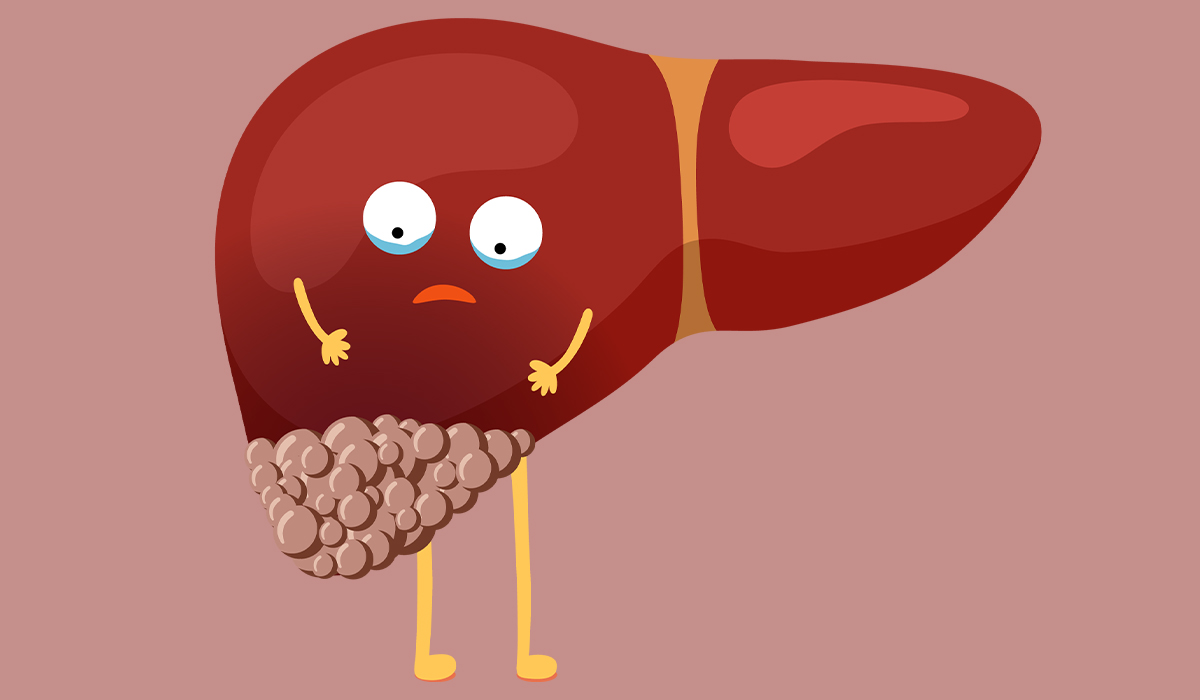
Liver damage happens when the liver, which is an exceptionally critical organ in our body, cannot work accurately for different… read more »
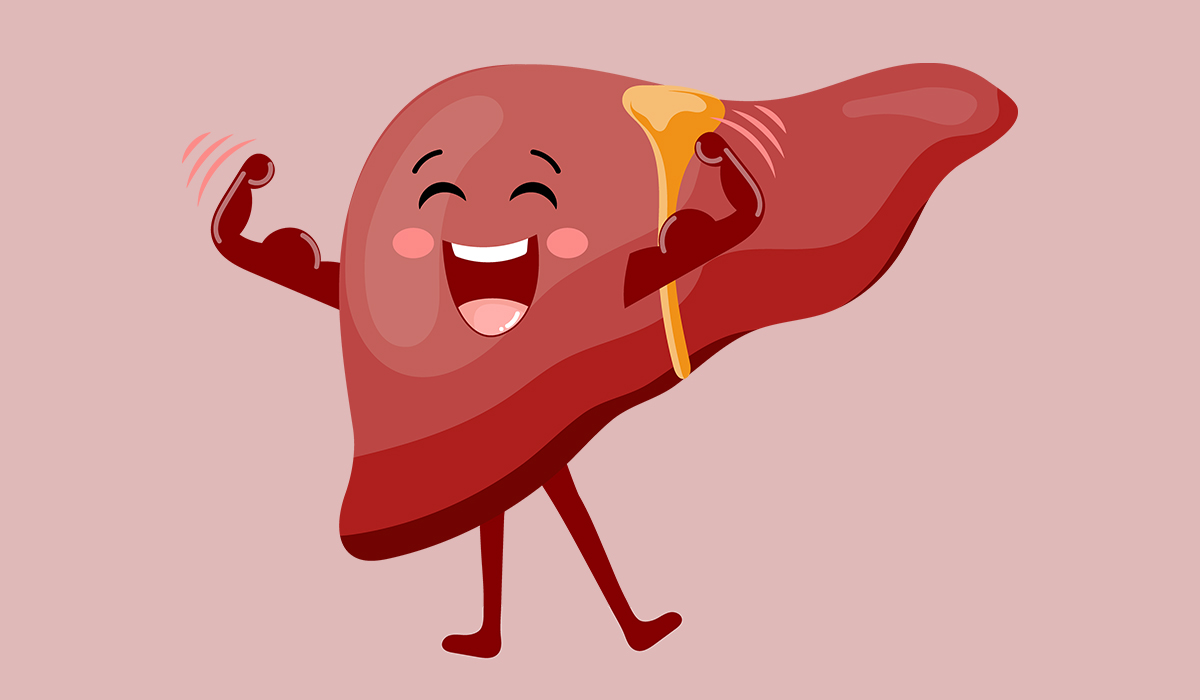
The liver is part of the digestive system. It performs over 500 functions in the body. It is impossible to… read more »
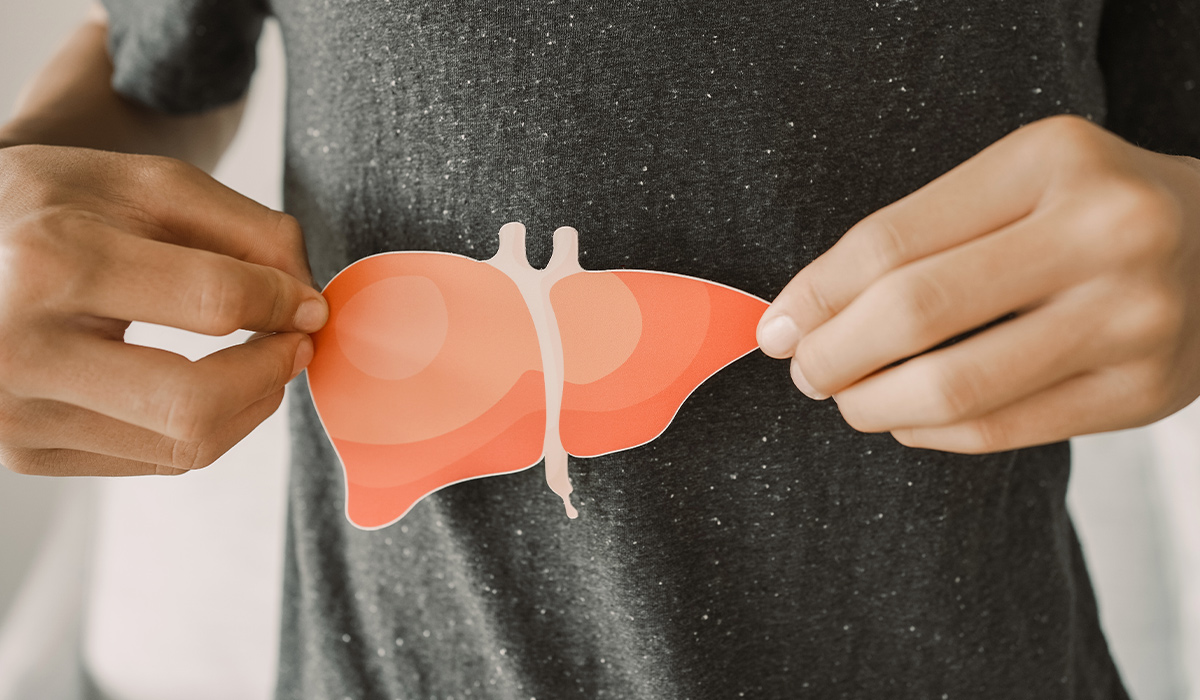
Hepatitis C is an infectious disease caused by the hepatitis C Virus. Left untreated, it can lead to severe consequences.… read more »
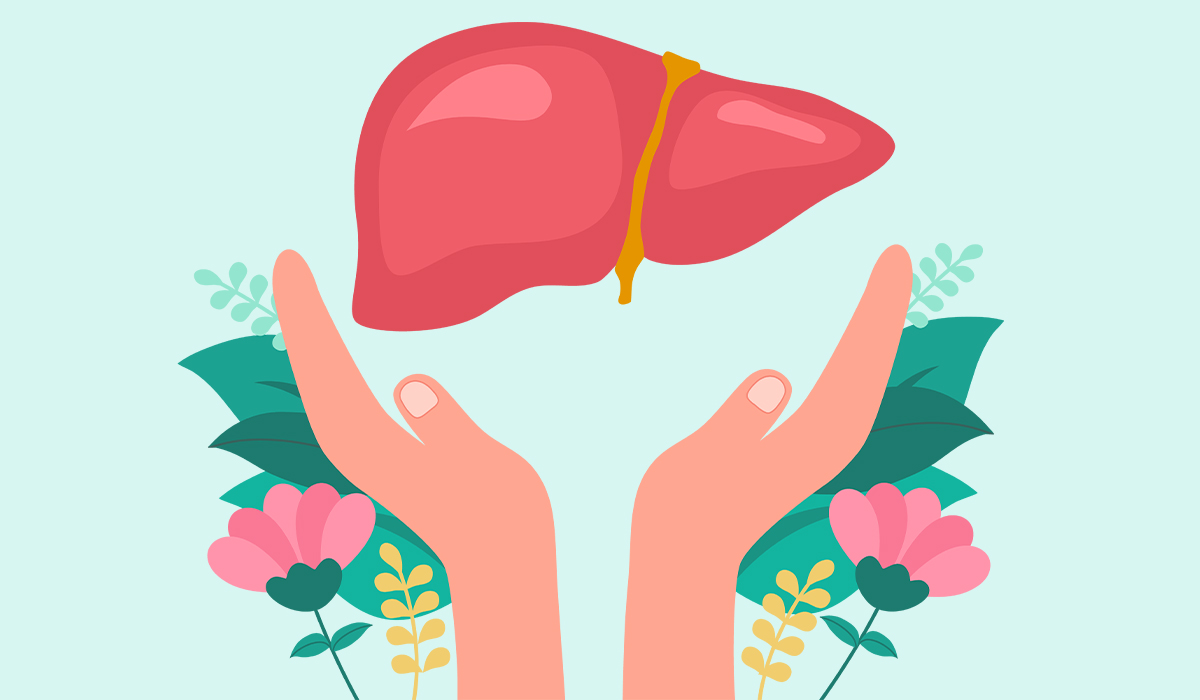
Liver cancer is a tumor that is found in the liver. The most common symptoms include jaundice, unexpected weight loss,… read more »
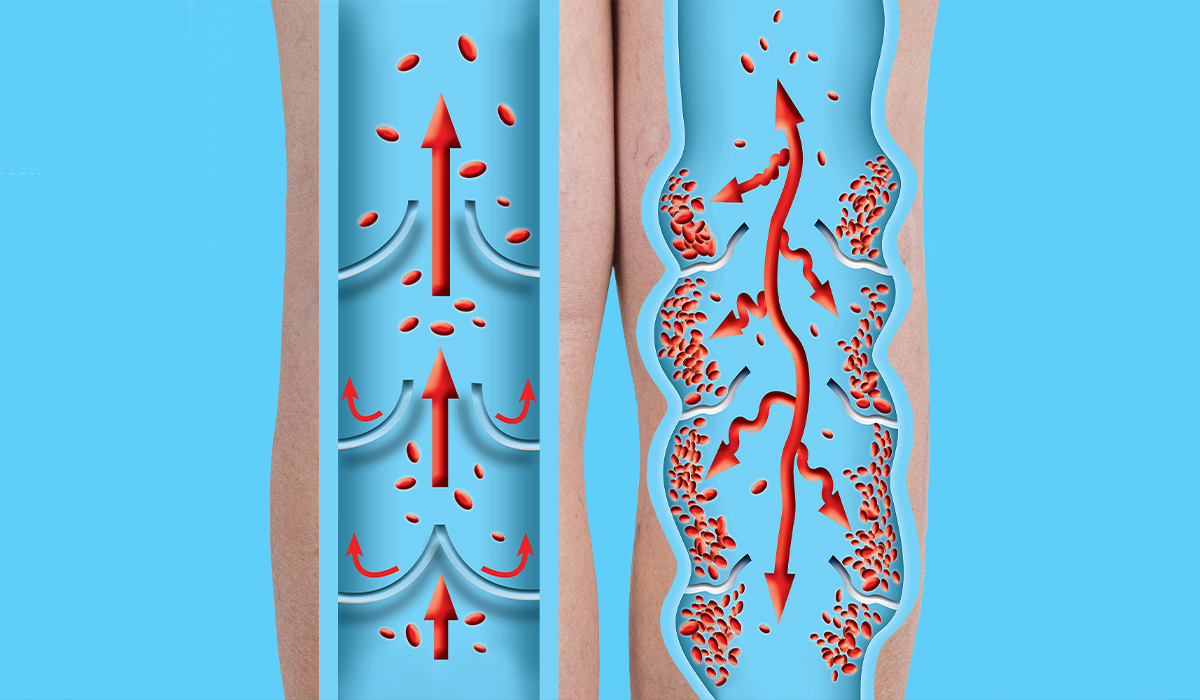
Do you know what are the symptoms of edema? How is it treated? Do you need a special diet if… read more »